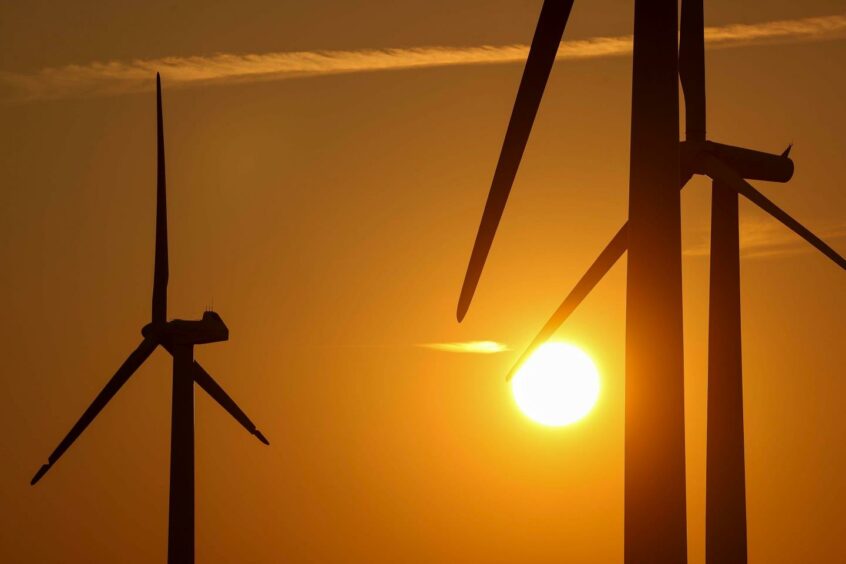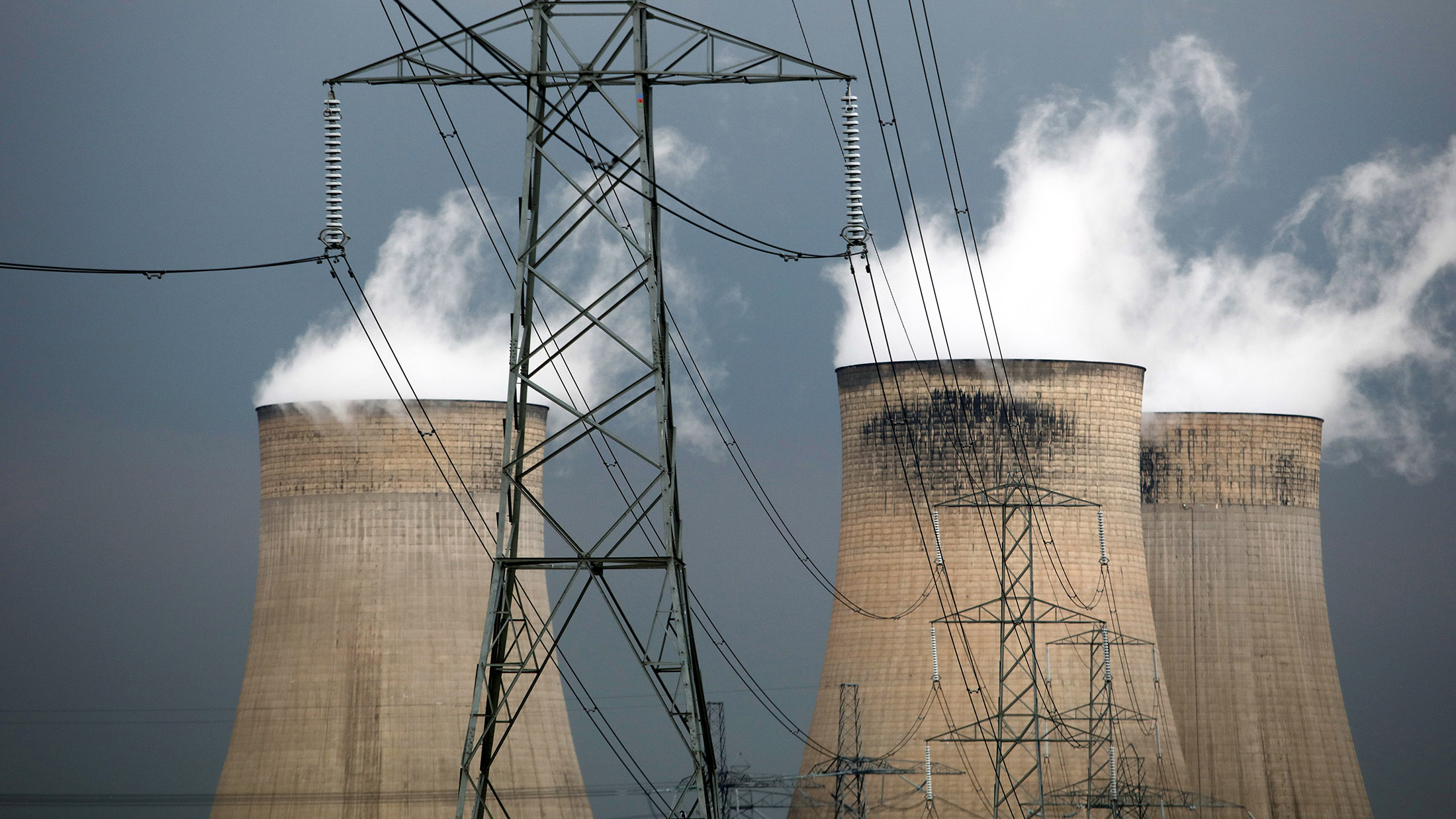
RWE has flagged energy security concerns as driving the need for more green business – although raising the prospect of restarting coal power plants in the near term.
The German company’s CEO Markus Krebber speaking today said the people of Ukraine “have our full solidarity. The impact of the war is hitting the energy markets with full force. Therefore, ensuring security of supply and diversifying fuel supplies are the top priorities for policy-makers – particularly also through the expansion of renewables.
RWE plans to invest 50 billion euros ($55bn) in its green energy business by 2030. This is essential to reducing dependency on coal, oil and gas imports, it said.
However, in the short term, the German government will have to make some tough decisions.
RWE said “measures” were needed to ensure stability of supply in the coming winter and following years. Given this, RWE is reviewing coal-fired power units that have been shut down or are due to be decommissioned.
Coal lifeline
Could these plants, the company said, provide reserve power instead. “Coal can replace gas in power generation”, CEO Krebber said, at least in the short term.
It flagged a 300 MW lignite power plant at Neurath and the 800 MW hard coal plant Kraftwerk Westfalen. It decommissioned these in 2021 and 2020 respectively. Another 1,500 MW of capacity is due to switch off this year with another 900 MW on security standby.
The government should decide whether these plants would be needed on a temporary basis, perhaps to reduce gas consumption, it said.
However, such steps to restart coal plants does not change RWE’s “fundamental decision to phase [it] out”.
As part of the move to energy security, RWE is also involved in Germany’s move to restart work on LNG terminals. This will reduce the country’s reliance on gas supplies delivered by pipeline.
The company signed a memorandum of understanding (MoU) recently on involvement in a regasification plan at Brunsbüttel near Hamburg. Initially it will provide scope for LNG imports but, further out, the terminal can be converted to allow “green molecules” to be imported.
Krebber said nuclear would not provide a viable alternative for the coming winter. The lead time is too short, he said, and the hurdles too high.
Independence
Germany has set out a plan to halt imports of Russian coal later this year, but gas will be harder to reduce. The government has set out a plan to generate nearly all required power from renewable sources by 2035.
It will publish a plan setting out the new goals at Easter. RWE’s Krebber set out his hopes that the “Easter package” would lead to “a real acceleration and boost in the transformation process. We need that. And RWE supports it! We will implement every renewables project that’s possible.”
Speaking at RWE’s annual conference, Krebber said sanctions on Russia were working. “However, we must unfortunately also acknowledge that there is a strong dependence on Russia, especially in energy supply, in Europe and in particular in Germany.”
Cutting such flows would “have an unforeseen impact on household heat supply” and, in the longer term, do lasting damage to industrial production.
Thunder Said Energy’s Rob West has, also raised the possibility of coal making a comeback, at least in the short term. Energy shortages have “going to have a devastating impact in 2022”, he said in a note today. With coal companies having cut operations, there is substantial spare capacity around the world, estimating this at around 400 TWh.
The world is still moving towards LNG, the analyst said. However, new LNG plants will take three to seven years to build. Coal mines, on the other hand, can respond to new demand in 2022-23.
Do you work in or with the energy sector? Or are you student studying towards a career in the industry? If so, take part in our short survey and have the chance to win £50 in a prize draw! Click here.
Recommended for you


 © Supplied by RWE
© Supplied by RWE